Four Imperial engineers win ERC Starting Grants worth €6 million
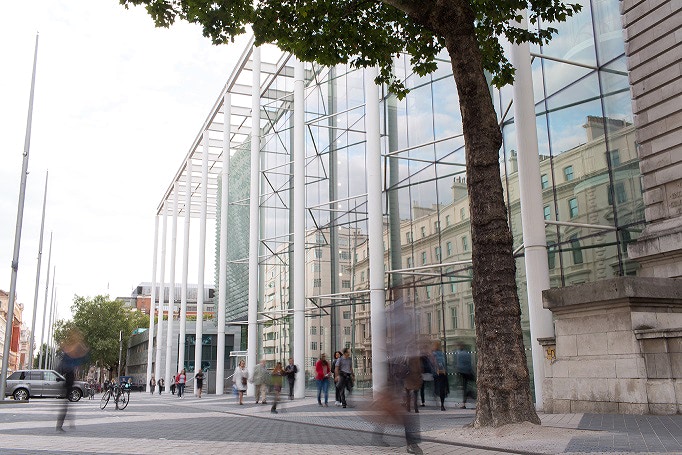
Academics from Bioengineering, Computing, and Materials, were rewarded in the latest wave of Starting Grants – worth around €1.5 million each.
ERC Starting Grants recognise talented early-career scientists who show potential to be research leaders and have a scientific track record showing great promise.
This year the ERC awarded more than 466 grants – including 62 to the UK-based researchers – worth a total of €677 million.
The successful awards:
- Dr. Rodrigo Ledesma-Amaro, Bioengineering.
Project: DEUSBIO - Dr. Juan Alvaro Gallego, Bioengineering.
Project: IntuitiveBCI - Dr. Mario Berta, Computing.
Project: QENTROPY - Dr. Florian Bouville, Materials.
Project: SSTEEL
Imperial’s Vice-Provost, Professor Nick Jennings, said:
“Congratulations to our four academics who have prestigious ERC Starting Grants. These grants reward the very best, young scientists across Europe and provide a platform for them to accelerate their innovative research and make world-changing discoveries.
“ERC grants have benefitted Imperial’s scientists greatly over the last few years, and if the UK is to remain a science superpower, we must ensure that our scientists can continue to benefit from European funding and collaboration.”
Dr. Juan Alvaro Gallego, Bioengineering – Brain-computer interfaces
Dr. Gallego’s research could improve brain-computer interfaces, which allow users to control robots or computers with their thoughts.
Dr. Juan Alvaro Gallego‘s project is looking at improving brain-computer interfaces (BCIs) – devices that analyse brain signals to interpret the user’s intended action, such as moving their hand to pick up an object. Dr. Gallego says that BCIs – such as Elon Musk’s Neuralink, which was recently in the news – have been used in research labs to control robotic limbs or stimulate paralysed limbs to move how the person intends. However, current state-of-the-art BCIs are much slower and less precise than natural movements.
Dr. Gallego said: “We are aiming to improve current BCI use by taking advantage of the brain’s own resources to execute skilled movements, which we suspect are not fully incorporated in current solutions. First, we will try to understand how the many different brain areas involved in learning and performing skilled movements — such as things like signing your name or a virtuoso guitarist playing a complicated solo — interact.”
Once the team have a better understanding of how the brain executes skilled movements, they will develop and test a new type of BCI.
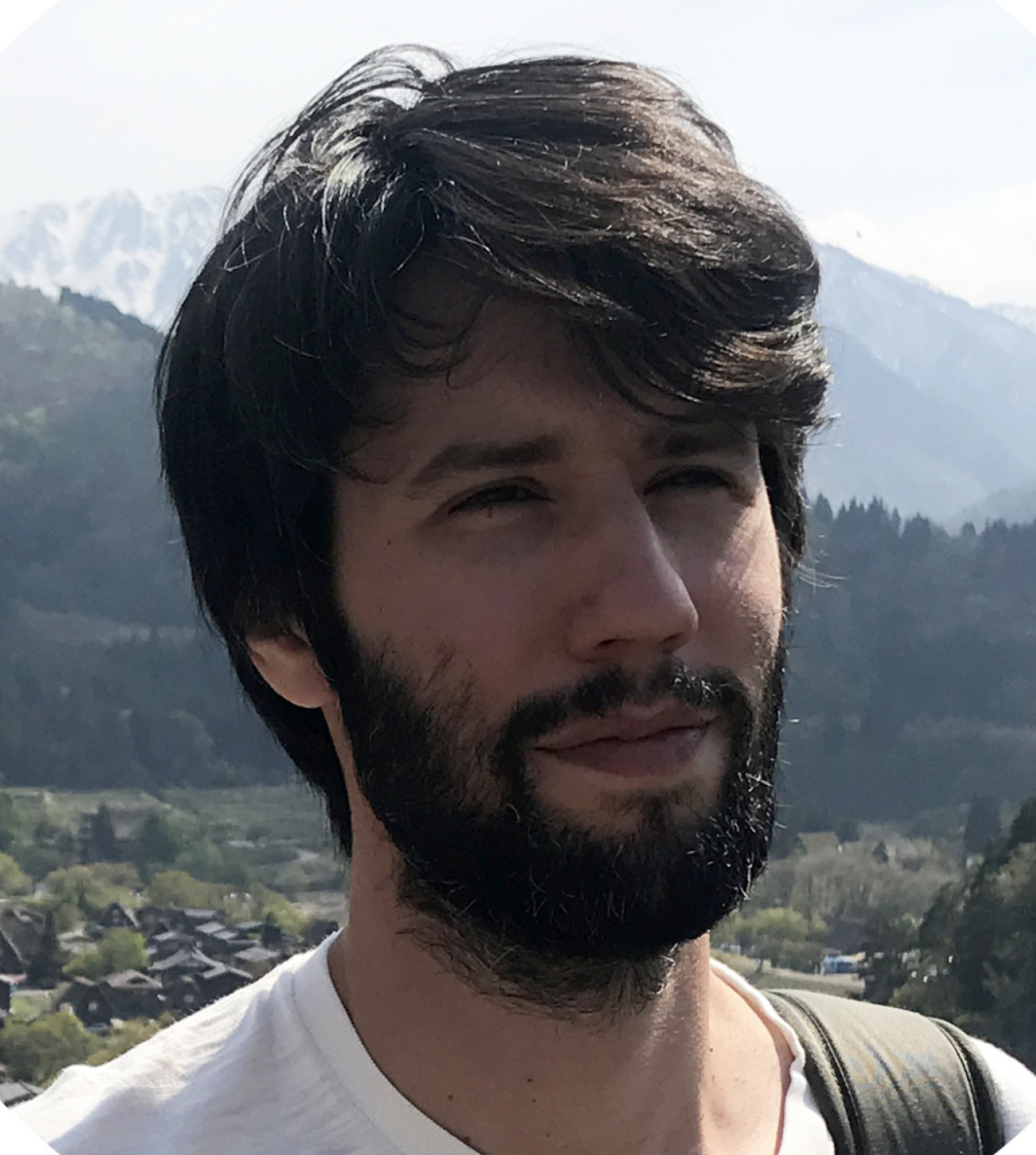
Dr Juan Alvaro Gallego
Dr. Gallego said: “BCIs hold great promise to change the lives of many people, by restoring movement to hundreds of thousands of people with paralysis or very debilitating movement disorders.
“We hope to further the knowledge of what parts of the brain to look at and how to combine their information, so our findings could be broadly adopted in future BCIs.
“BCIs are still under development, but the field is advancing rapidly. So, a sci-fi future with people controlling things with their mind may come to fruition during our lifetime.”
Dr. Gallego will collaborate with colleagues at Imperial and Johns Hopkins University and the Janelia Research Campus in the US.
Dr. Gallego added: “Receiving an ERC grant is the dream of any scientist working in Europe. It means that you have funding for what these days is a long time period, five years, to assemble a great team of people to pursue an ambitious goal together.
“There is also happiness and pride that comes from having persuaded the many colleagues that review your proposal that you have an idea worth pursuing. That is very exciting and gives still young scientists like me confidence that we may be into something.”
Dr. Mario Berta, Computing – Quantum information science
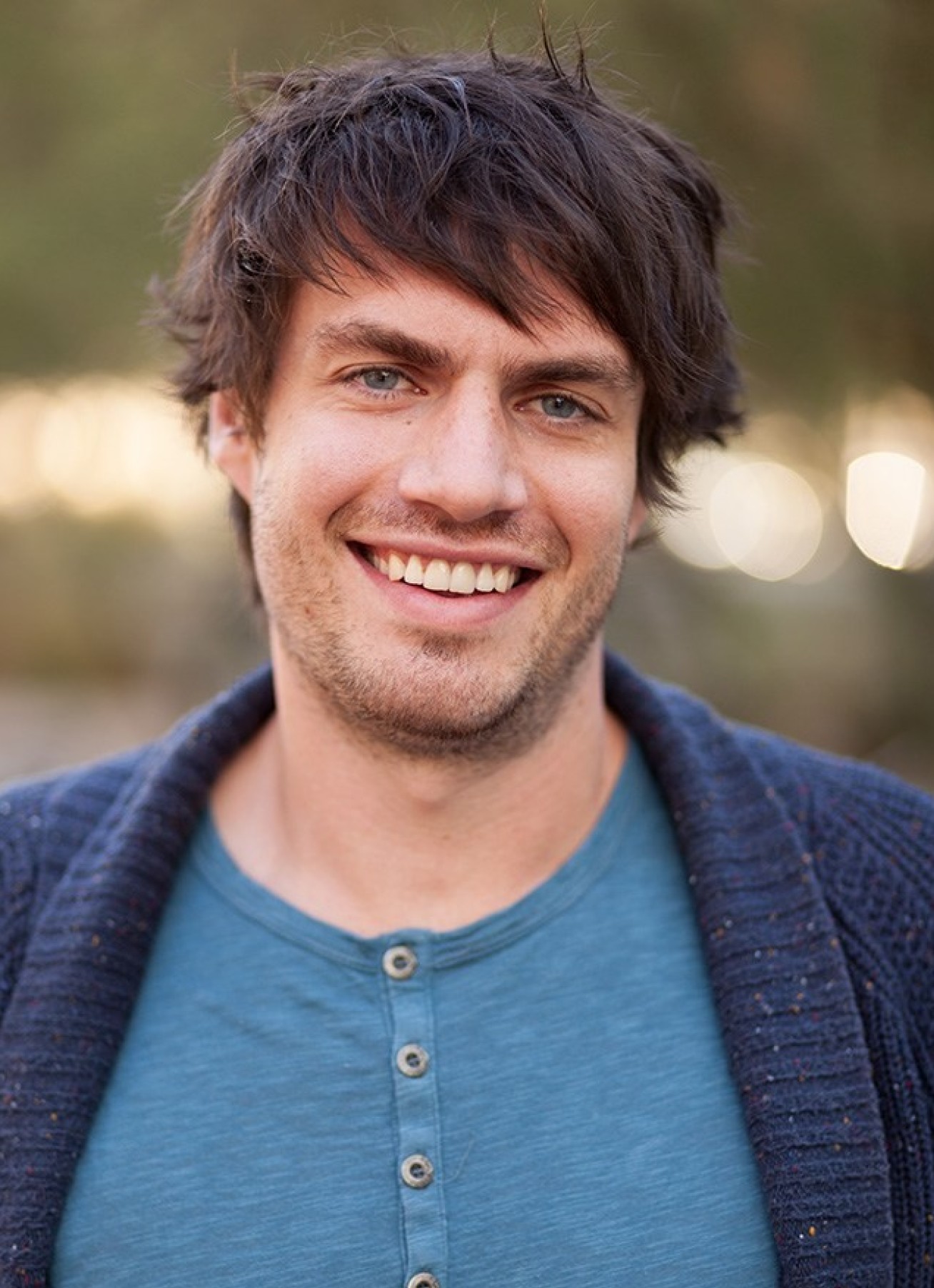
Dr. Mario Berta
Dr. Mario Berta‘s research is in quantum information science, a dynamic interdisciplinary field at the intersection of quantum physics, mathematics, theoretical computer science, and engineering.
In recent years, there has been tremendous progress in the design and control of quantum devices, promising revolutionary applications in information processing – such as the prospect of physically secure quantum communication over the envisioned quantum internet.
Dr. Berta said: “In my project, we will develop novel mathematical methods in matrix analysis and optimization theory that will build the basis of a computational framework of approximation algorithms revealing the ultimate, physical limits of quantum information science.
“This includes schemes for cryptography and communication, as well as algorithms for the description of strongly interacting many-body systems.”
Dr. Berta, who will use part of the funding to expand his team, said: “The funding will allow me to establish an internationally leading team working on the most ambitious and fundamental questions in theory of quantum information processing.”
Dr. Rodrigo Ledesma-Amaro, Bioengineering – Engineering microbes
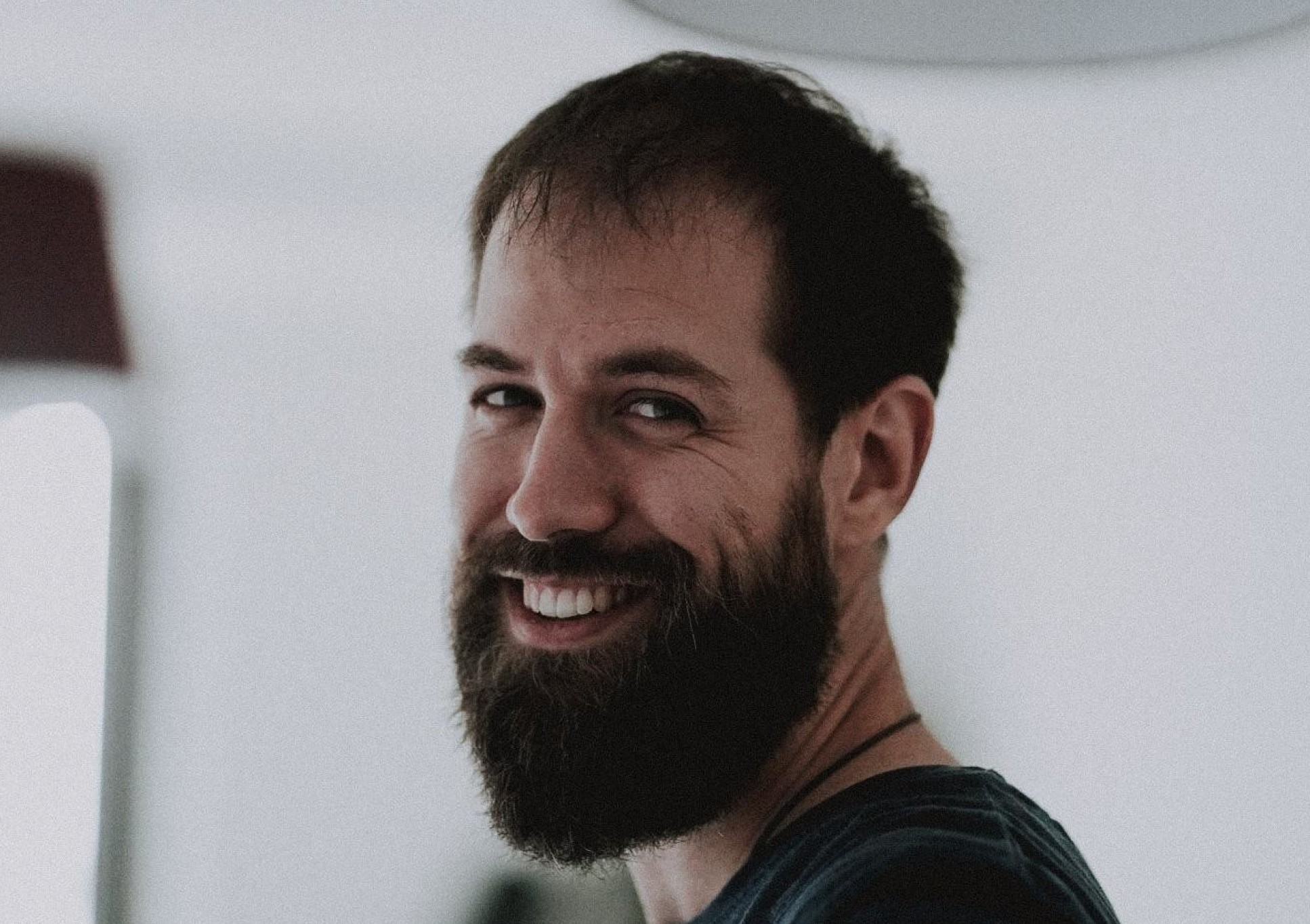
Dr. Ledesma-Amaro
Dr. Rodrigo Ledesma-Amaro‘s laboratory is engineering microbes to provide them with new functionalities that allow them to sustainably produce fuels, chemicals, materials or food.
Microbial biomanufacturing has the potential to enable the transition to a green bio-based economy where our commodities and speciality chemicals do not depend on petroleum.
Dr. Ledesma-Amaro explains: “In this project, we will explore novel ways of engineering microorganisms by looking at how individual cells organise themselves within the population and how we can coordinate their behaviours by applying design principles.”
“This project has the potential to enable the creation of robust microbial cell factories that can synthesise the chemicals of the future in a sustainable manner.”
Dr. Ledesma-Amaro added: “This is an amazing recognition to my research career and the great dedication of all the members of my team, colleagues and mentors”
“The ERC starting grant will allow me to expand the lab over the next five years, with exciting new projects combining both applied and foundational research.”
Dr. Florian Bouville, Materials – Stopping materials from cracking
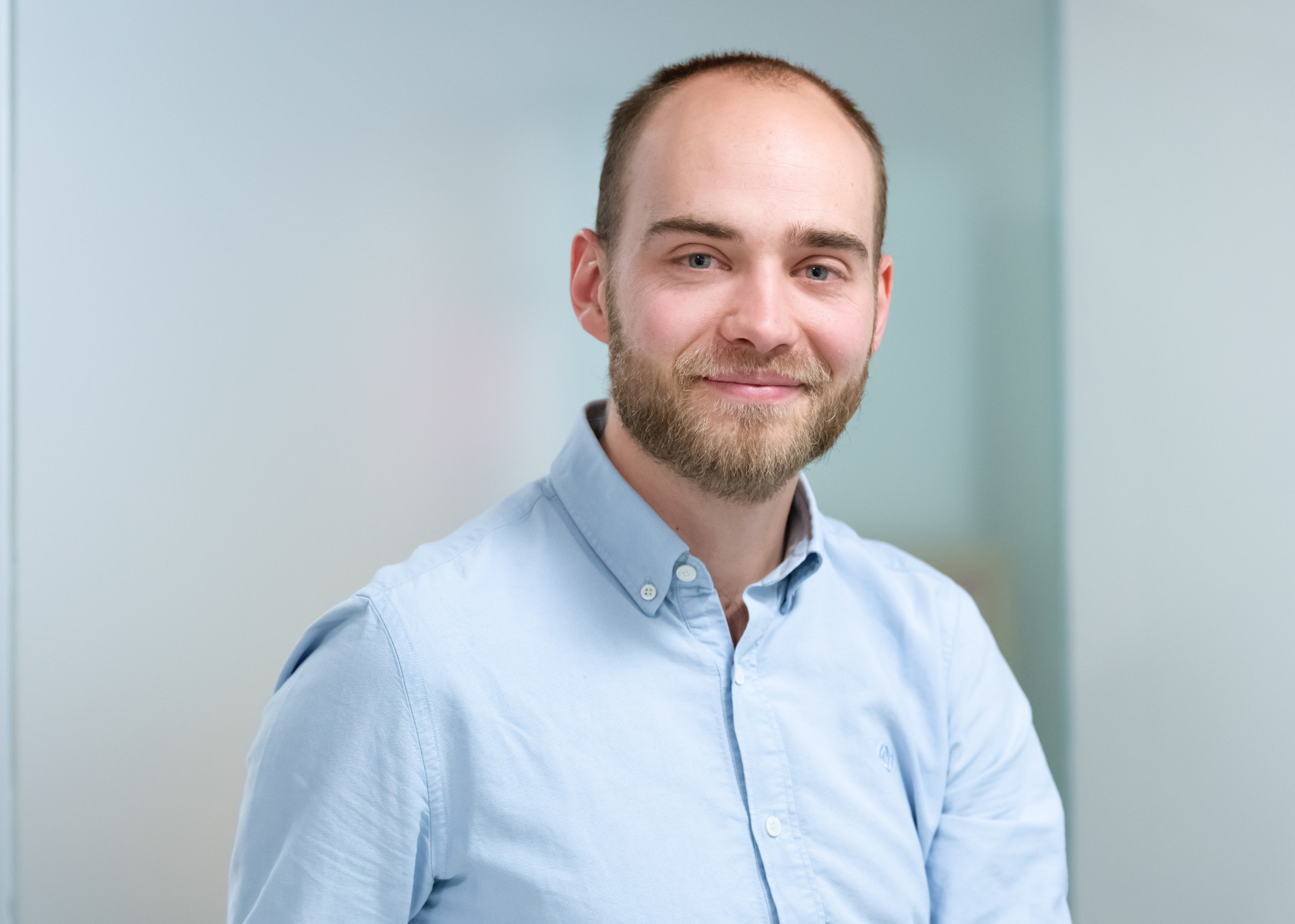
Dr. Florian Bouville’s work could lead to more durable mobile phones
Dr. Florian Bouville is trying to find a way to mitigate or even remove brittle behaviour in material of any composition.
Dr. Bouville explains: “We experienced brittle fracture in our everyday life, think about our kitchenware or now cell phone screen and casing. But it has more dramatic consequences in place where brittle materials have to be used, at high temperature, in contact with the human body, or because they present unique functionalities.
“Some materials, for instance metals or polymers can deal easily with brittle fracture with naturally occurring reinforcing mechanisms. But the goal of this project is to program reinforcements in any material that could delay or stop a crack by shaping the part into very small individual bricks that can interlock.”
Dr. Bouville is aiming to develop a new process capable of precisely shaping these tiny elements to control how efficiently they will interlock when a crack wants to start, independently of the material composition used.
Dr. Bouville added: “This delicate tuning will allow my team and I to hit a sweet spot where we can have excellent damage tolerance without lowering the other properties of the materials.”
The project could potentially benefit structural ceramics used for biomedical implants or in aeronautics. It could also make some components of energy storage or generation devices safer and more durable, and could even lead to more resistant mobile phones.
Speaking about his award success, Dr. Bouville said: “This grant will give me the funding, tools, and flexibility to explore this blue-sky research topic for the next five years and make the most of it. It is also a recognition of both the project’s potential and of my nascent research group.”
Enabling the brightest minds
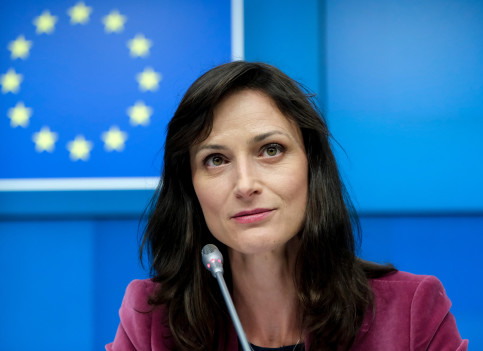 Mariya Gabriel, European Commissioner for Innovation, Research, Culture, Education and Youth, said:
Mariya Gabriel, European Commissioner for Innovation, Research, Culture, Education and Youth, said:
“With European Research Council grants, the EU is leveraging the talent and curiosity of some of the best young researchers in Europe.
“Their ideas are set to break fresh ground and open new ways to deal with pressing challenges in the areas of health, energy and digital technologies, as well as many other fields.”
President of the European Research Council (ERC), Professor Jean-Pierre Bourguignon, commented: “The present health crisis showed that despite spectacular progress in research over the past decades, there still remain plenty of unsolved scientific mysteries, as well as lessons to be learnt from the past. Therefore, the best strategy to tackle it is to enable some of the brightest minds to pursue their most innovative ideas, in order to create opportunities for serendipitous discoveries.”











Responses